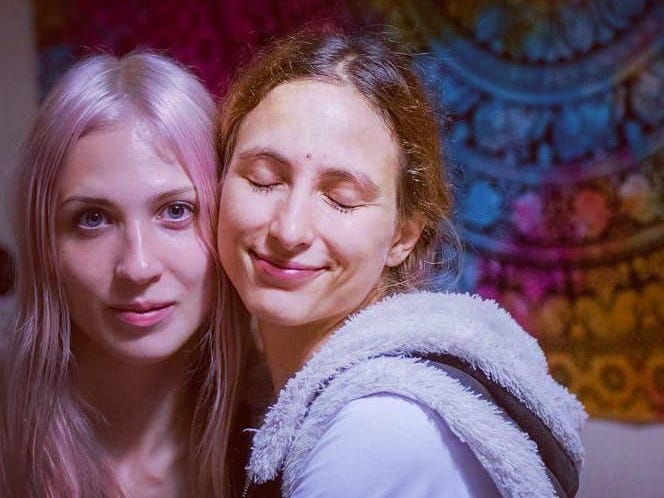- Alexandra Skochilenko was accused and jailed for replacing store price tags with anti-war messages.
- She is held in a St Petersburg pre-trial detention center and in poor health, her girlfriend told Insider.
- According to letters written by Skochilenko, she is also being bullied by others prisoners.
Awaiting trial in a St Petersburg detention center, the Russian artist Alexandra Skochilenko is experiencing bullying and "unsanitary" conditions contributing to her ill health, according to her girlfriend.
Skochilenko, 31, was arrested on April 11 after switching supermarket price tags with anti-war slogans in a protest against her country's invasion of Ukraine.
Like many Russians called Alexander or Alexandra, she also goes by the nickname Sasha.
—Soviet Visuals (@sovietvisuals) April 15, 2022
She is charged under a new Russian "fake news" law, which penalizes those who publicly spread so-called false information about Russia's military. Skochilenko does not deny switching the stickers in the supermarket, but argues that the charges against her, and her detention, are excessive.
Skochilenko will be held in a pre-trial detention center until at least June and, if found guilty, faces a fine of three million rubles ($44,827) and up to ten years in prison.
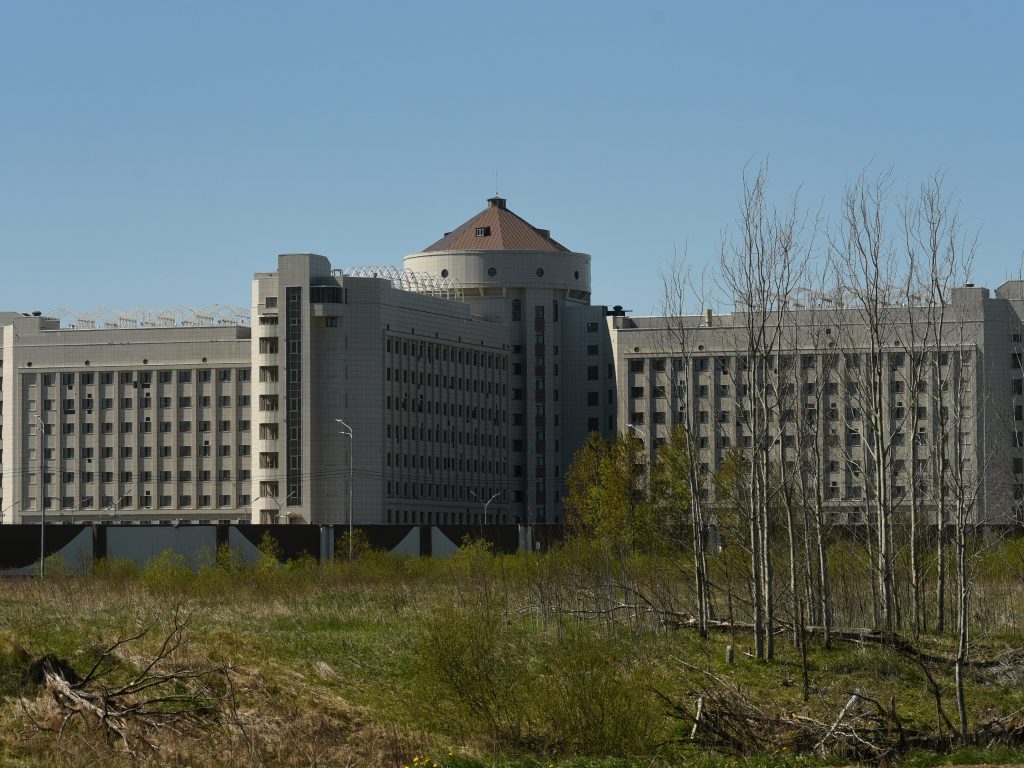
Sonia Subbotina, who has been in a relationship with Skochilenko for five years, told Insider that she has been communicating with her girlfriend by sending and receiving short letters via a lawyer. Insider has seen sections of some of these letters.
"I feel joy whenever I get a letter from Sasha, and I keep them, and they always read them very often," Subbotina said. "But, really, she often writes very sad things, and it's difficult to read, and I miss her very much."
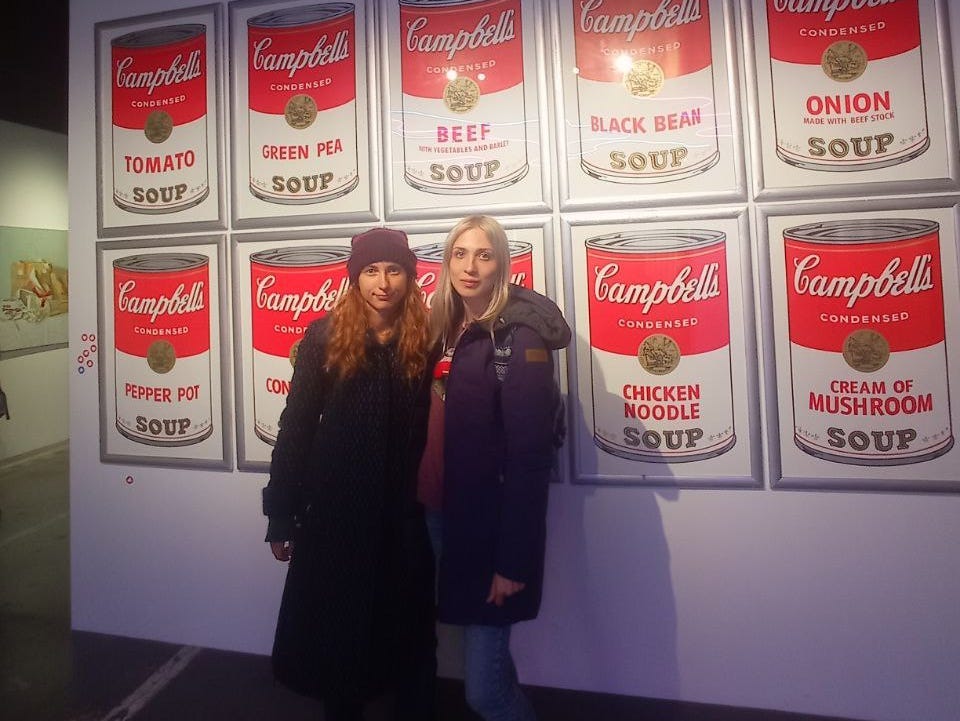
An open wound was left untreated, it's alleged
Subbotina said Skochilenko has struggled to get medical treatment for a catalog of illnesses.
Skochilenko has celiac disease, an autoimmune disorder where eating gluten causes damage to the small intestine.
The artist spent 12 days in a temporary detention center after her arrest, where she was not given gluten-free food. Consequently, Subbotina said, "Sasha was eating very, very little."
Desperately hungry, Skochilenko once ate food containing gluten, Subbotina said. "This made her very sick, and she was throwing up a lot and feeling a lot of pain," she added.
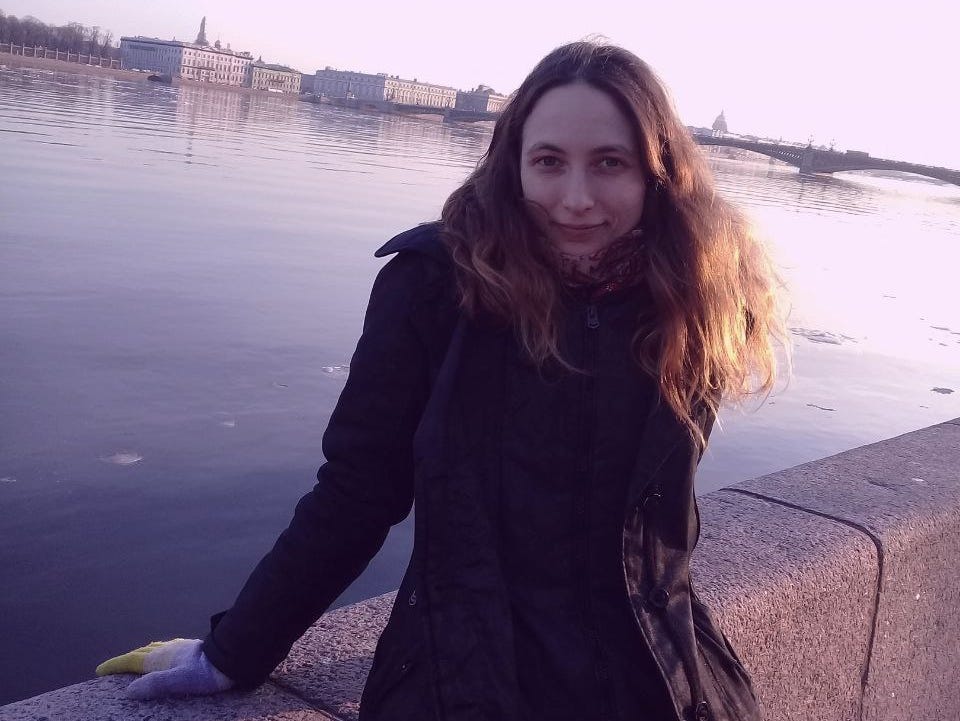
Skochilenko was transferred to her current cell in a pre-trial detention center — a more permanent holding place. Initially, Subbotina said, the Russian artist was also being denied appropriate food.
On April 25, the local division of Russia's Federal Prison Service (FSIN) told Interfax that their rules don't require the "provision of separate or individual meals for people who need gluten-free food," per the independent Russian news outlet Meduza.
This position was only reversed in the past couple of weeks after intense media pressure and an intervention by a human rights ombudsman, Subbotina said, ensuring that Skochilenko has since been able to secure strictly gluten-free meals.
But Skochilenko suffers from other health problems that jail officials overlook, Subbotina told Insider.
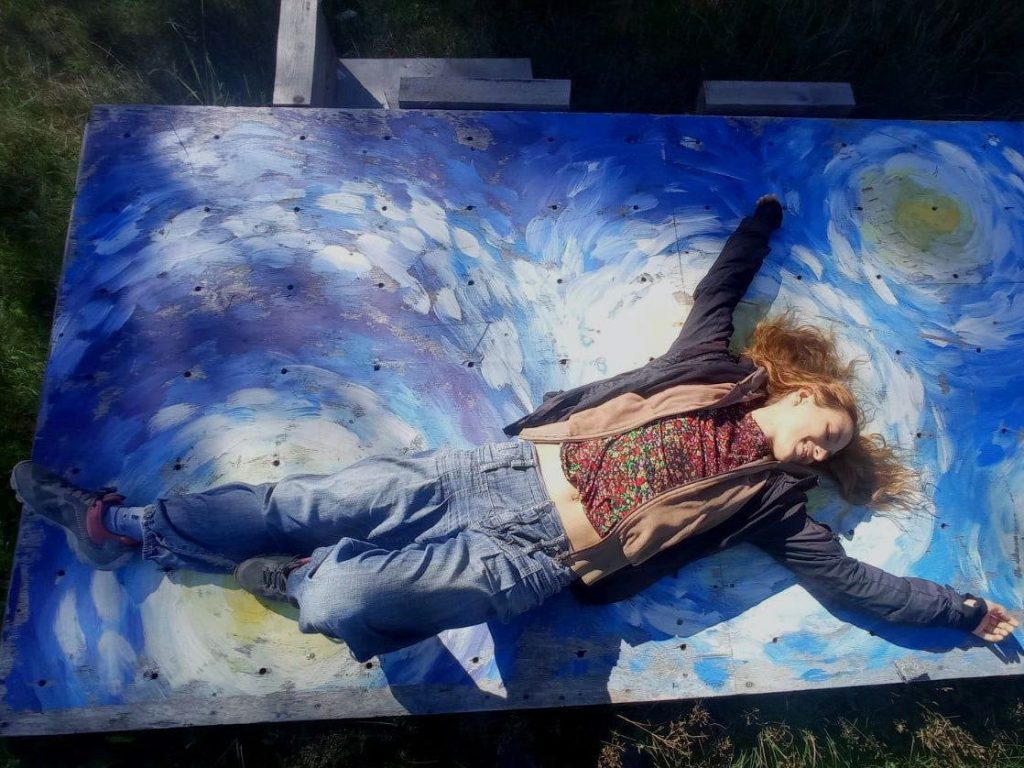
"For about a month and a half, Sasha has been experiencing severe pains in the lower part of her abdomen," she said.
Doctors initially dismissed this as a minor ailment, Subbotina said, but recently identified it as an ovarian cyst. "Sasha continues to experience severe pain, and a gynecologist confirmed that the cyst is growing," she told Insider.
Skochilenko also had an impacted wisdom tooth that was due to be operated on. But because of her arrest, the surgery was canceled. Her pain worsened in jail, Subbotina claimed, prompting jail officials to arrange emergency surgery reluctantly.
"They didn't have stitching material," she said. "So they left it as an open wound, quite a large open wound, and because of this, Sasha is in a lot of pain, and her gums are inflamed, infected, and she is now having to be treated with antibiotics."
Russia's embassy in London did not respond to a request for comment on Skochilenko's case or her detention.
But it's not just poor health harming the Russian artist, Subbotina said.
The conditions are "unsanitary," she claimed. According to Public Verdict, a Russian human rights group, pre-trial detention centers are often overcrowded, lack adequate medical care and cleaning, and are poorly ventilated.
Skochilenko is also struggling with her mental health, her girlfriend said.
Worn down by bullying and harassment in jail

Skochilenko has bipolar affective disorder, a mental health condition that causes extreme mood swings, making her particularly vulnerable to stressful or traumatic events.
According to the letters she has sent to her girlfriend, reviewed and translated by Insider, she is being worn down by bullying and harassment in jail.
A fellow detainee in the pre-trial detention center, Skochilenko wrote, "talks to me with an authoritarian tone and constantly gives me orders." She added: "She controls my every move and complains about every single one of my actions."
She claims others have harassed her, telling her that she stinks, that she talks too much, and that she "gets to everyone," according to the letters.
According to a 2020 report by the US State Department, there are reports of prison authorities recruiting inmates to abuse other detainees. Political detainees are often subject to particularly harsh and punitive conditions, the report said.
Skochilenko wrote in a letter that a television broadcasting Russian state TV "shouts all day," only being turned off at night and for cell checks. War propaganda has become the soundtrack to her detainment.
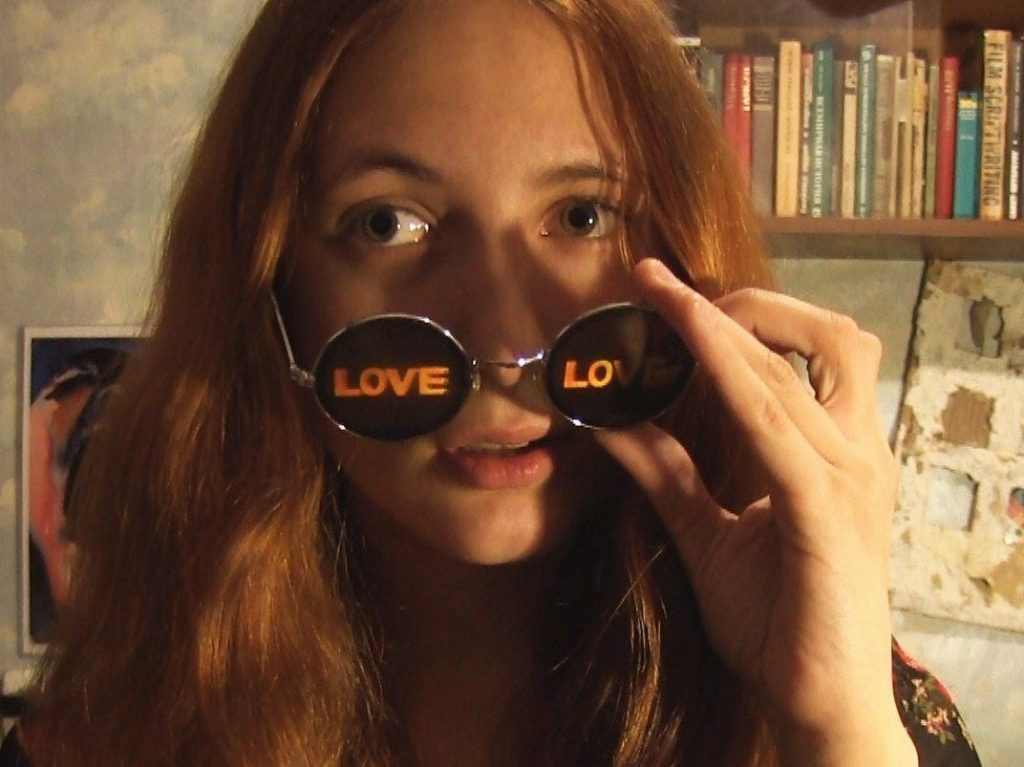
Skochilenko is one of more than 2,000 people charged with "discrediting" the Russian army since Putin's invasion of Ukraine began on February 24.
Her arrest is unsurprising, her girlfriend said, but the conditions of her detainment and the potential sentence of 10 years in prison have shocked her.
Authorities have rejected her legal team's request to transfer her to house arrest, which, under these circumstances, would be expected, according to Vice. Subbotina has been refused the right to visit her girlfriend. Authorities said they denied the request because she is due to be a character witness in her trial.
All of this shows just how oppressive the Russian regime has become since the start of the war, Subbotina said.
"This is definitely to do with the hardening of the authoritarian regime," she said. "There is no way that a person can speak out safely. Any attempt to show an opinion that differs from the government opinion is punished very, very harshly."
